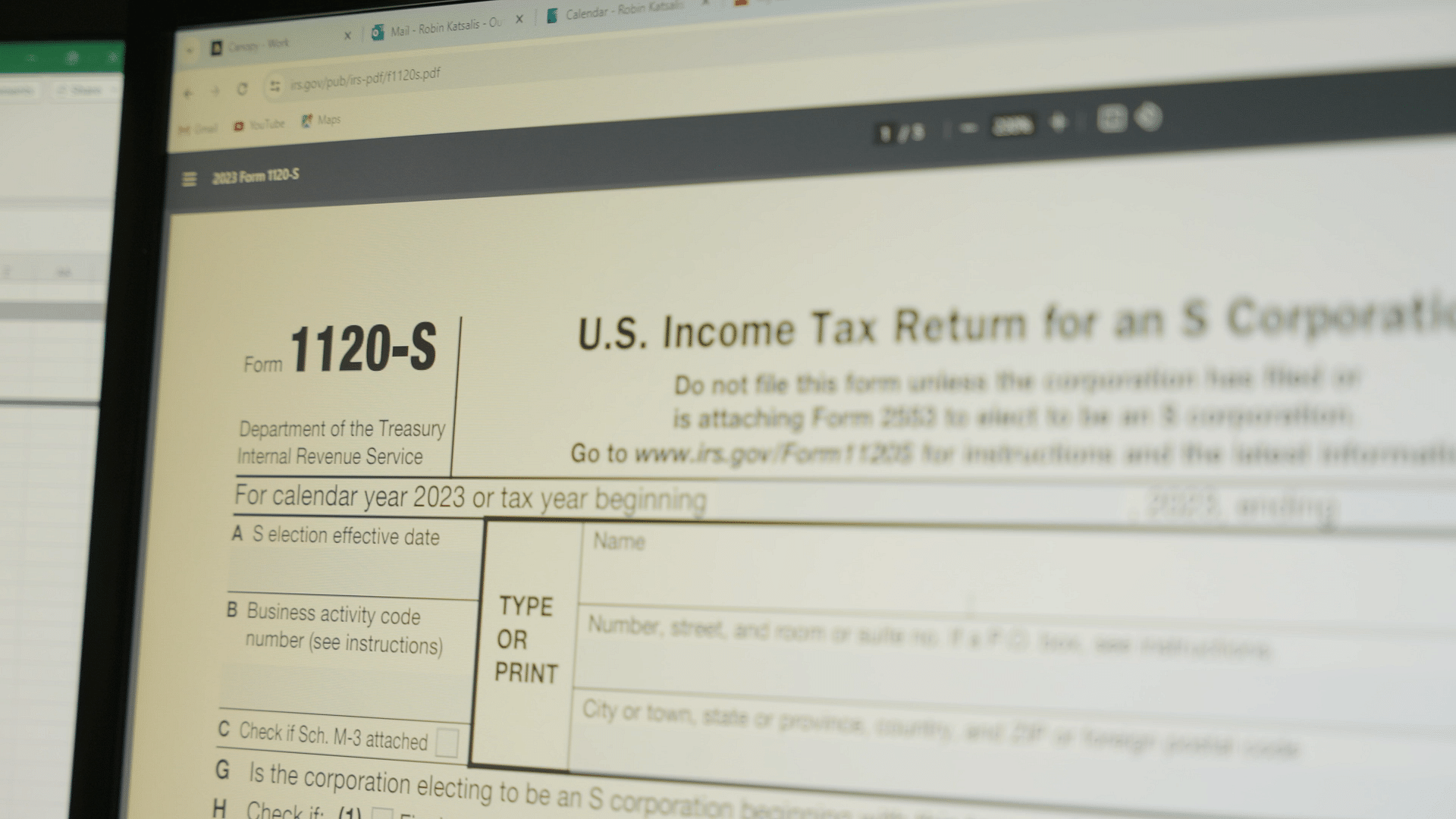
Getting Rid of Old Tax Records
Aug 11th, 2015
If you are like most taxpayers, you have records from years ago that you are afraid to throw away. To determine how to proceed, it is helpful to understand why the records needed to be kept in the first place.
Generally, we keep "tax" records for two basic reasons: (1) in case the IRS or a state agency decides to question the information reported on our tax returns, and (2) to keep track of the tax basis of our capital assets so that the tax liability can be minimized when we actually dispose of the assets.
With certain exceptions, the statute for assessing additional tax is three years from the return due date or the date the return was filed, whichever is later. However, the statute of limitations for many states is one year longer than the federal statute of limitations. In New England, all the states follow the 3 year rule. In addition to lengthened state statutes clouding the recordkeeping issue, the federal three-year assessment period is extended to six years if a taxpayer omits an amount that is more than 25% of the gross income reported on a tax return. In addition, of course, the statutes don't begin running until a proper business tax preparation and tax return process has been started. There is no limit on the assessment period where a taxpayer files a false or fraudulent return in order to evade tax.
If an exception does not apply to you, for federal purposes, most of your tax records that are more than three years old can probably be discarded.
For example: Sue filed her 2014 tax return before the due date of April 15, 2015. She will be able to safely dispose of most of her records after April 15, 2018. On the other hand, Don files his 2014 return on June 2, 2015. He needs to keep his records at least until June 2, 2018. Note: If a due date falls on a Saturday, Sunday or holiday, the due date becomes the next business day.
The big problem! The problem with discarding records indiscriminately for a particular year once the statute of limitations has expired is that many taxpayers combine their normal tax records and the records needed to substantiate the basis of capital assets. They need to be separated, and the basis records should not be discarded before the statute expires for the year in which the asset is disposed. Thus, it makes more sense to keep those records separated by asset. The following are examples of records that fall into this category:
- Stock acquisition data - If you own stock in a corporation, keep the purchase records for at least four years after the year the stock is sold. This data will be needed in order to prove the amount of profit (or loss) you had on the sale.
- Stock and mutual fund statements - Many taxpayers use the dividends that they receive from a stock or mutual fund to buy more shares of the same stock or fund. The reinvested amounts add to the basis in the property and reduce gains when the stock is finally sold. Keep statements for at least four years after the final sale.
- Tangible property purchase and improvement records - Keep records of home, investment, rental property or business property acquisitions, AND related capital improvements for at least four years after the underlying property is sold.
Have questions about whether or not to retain certain records? Give us a call first. It is better to be sure before discarding something that might be needed down the road.
If you found this article useful, please do not keep this a secret. Share it with a friend.
Copyright 2015 by Steven A Feinberg (@CPAsteve) of Appletree Business Services LLC, a PASBA member accountant, located in Londonderry, New Hampshire.


Let’s Help Eliminate Your Stress
If you choose Appletree Business Services for your bookkeeping, payroll or tax needs, you’ll find that good things begin to happen in your business. Your common financial challenges will become simple with a clear map to create your ideal situation. More than that, we’ll identify your “typical” stresses and help make them go away.